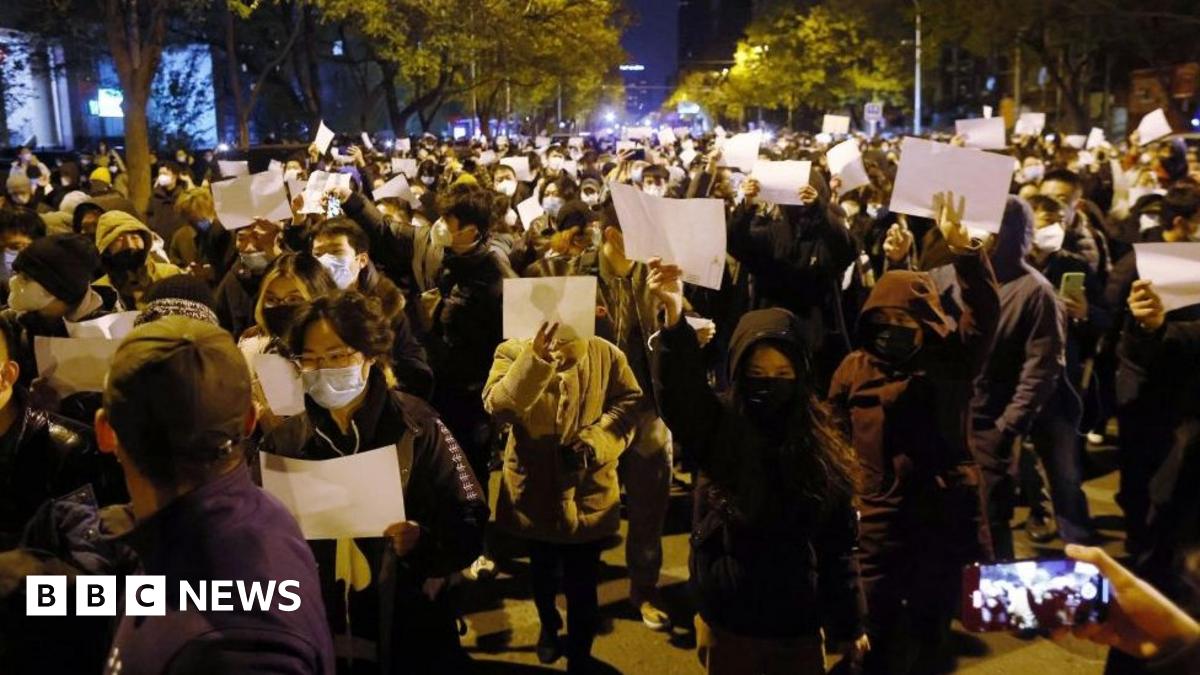Not some democratics mumbo jumbo talks from chinese activists inside or outside China.
I am sorry you feel that way about democracy. Democracy is not the ideal way of organizing a society however it is definitely better than any alternative so far. I hope that in the future there will be more democracy also in your part of the world. Democracy together with "rules based" global society that resolves conflicts through negotiations is the way to go.
And yes politics is very important although it's difficult to not be very frustrated about politicians sometimes. The biggest challenge facing the world right now is climate change. If politicians don't start taking more actions soon (both in democratic and autocratic countries) then the future looks extremely grim, for all of us. Economic tools are key, and I think the only thing that helps is making greenhouse gas emissions more costly -- this will force the world economy into shifting to solutions with lower emissions (e.g., nuclear instead of coal or gas power plants -- and cows that fart less would also be welcome). Failure to do so will create worldwide conflicts -- civil wars in some places, and war between nations elsewhere. The future is indeed grim unless we start working together, North, South, East and West; democracies and autocratic societies. I am hopeful but also extremely pessimistic. Therefore, NATO countries need to arm themselves, and also work more together with countries sharing the same values in Asia Pacific, including Australia, New Zealand, Japan, and South Korea.
My favorite PM, Sanna Marin, from my favorite country Finland, was recently visiting NZ and Australia:
The Prime Ministers pledged to work together to defend and strengthen democracy; promote and protect human rights, including the rights of Indigenous Peoples, media freedom, gender equality, diversity and social inclusion; promote inclusive and interoperable digitalisation; and counter misinformation and disinformation. The Prime Ministers reiterated their strong commitment to being leaders in gender equality and making it central to their governments’ policy and decision‑making.
The leaders acknowledged the critical importance of the multilateral system, with the UN as its cornerstone that underpins the rules-based order, for ensuring global security, stability and prosperity. Australia and Finland are committed to multilateral cooperation to find solutions to the most pressing global challenges. The Prime Ministers highly value the important work of the United Nations Human Rights Council and the broader United Nations human rights system for the promotion and protection of human rights around the world. This includes responding to and ending all forms of sexual and gender-based violence, in all contexts.
Fighting climate change and protecting biodiversity, and realising the United Nations Sustainable Development Goals require global cooperation. We need to make rapid, deep cuts in greenhouse gas emissions and act urgently to adapt to climate change in order to reach the goals of the Paris Agreement. We affirm our resolve to work with the international community to pursue efforts to keep 1.5 degrees within reach.
Australia and Finland are like-minded partners in tackling global challenges, including in the Indo-Pacific region. Leaders reaffirmed their adherence to the fundamental principles of sovereignty, territorial integrity and international law, particularly the United Nations Convention on the Law of the Sea, including the right to exercise freedom of navigation and overflight. Australia welcomes increased European engagement in the Indo-Pacific, including through implementation of the EU Strategy for Cooperation in the Indo‑Pacific.
Joint Statement of the Prime Ministers of Australia and the Republic of Finland | Prime Minister of Australia (pm.gov.au)
Finland has defined a very challenging target to become Carbon neutral by 2035 (they recently finalized a huge nuclear power plant) and net negative by 2040.
Finland sets world's most ambitious climate target in law (climatechangenews.com)
It's interesting how they reached this target:
The target was set based on analysis by a group of independent economists from the Finnish climate change panel. They worked out what Finland’s fair share was of the 420 GT of carbon dioxide that the world can emit and still have a two-thirds chance of limiting global warming to 1.5C.
The panel based this fair share on Finland’s share of the global population, its ability to pay to reduce emissions and its historic responsiblity for causing climate change. It is believed to be the first target to have been set in this way.
Finland’s environment minister Emma Kari told Climate Home it was “very important” that the target was set with researchers and people from the climate science community. She added: “High income countries have to take a progressive and active role when it comes to tackling climate change.”
They are also one of the few countries in Europe that can actually defend themselves.
Finland is a country we should study and try to learn from. Not just "democratic mumbo jumbo".



